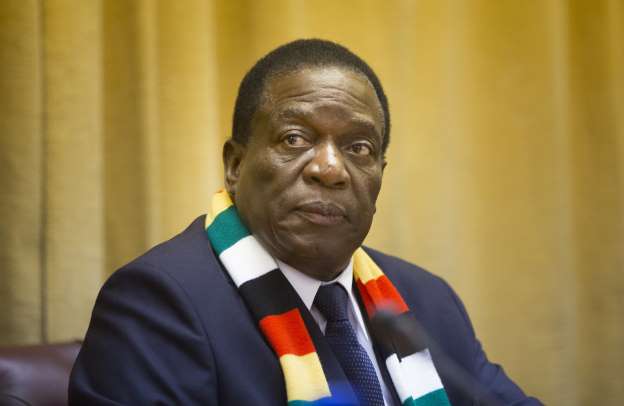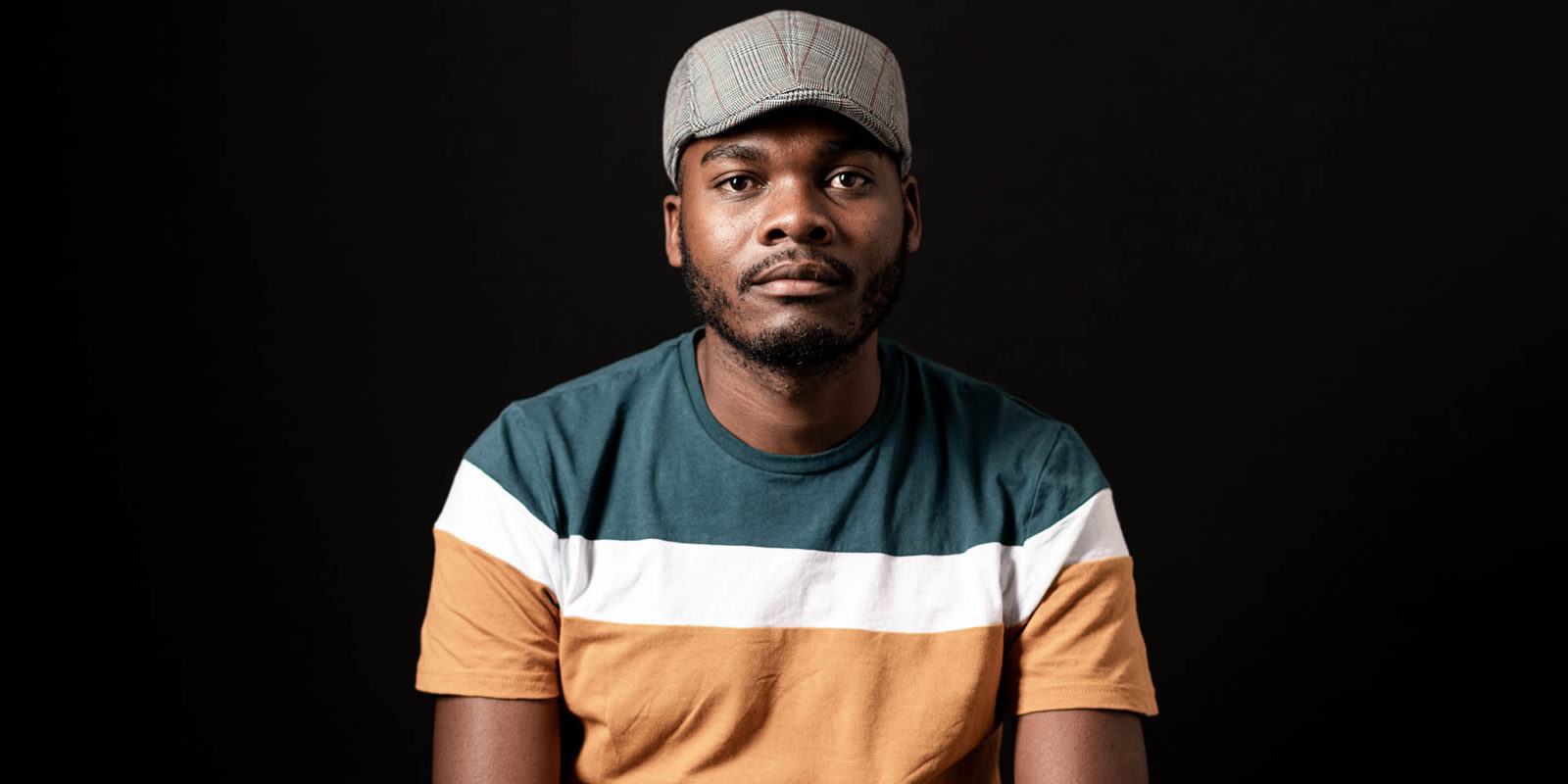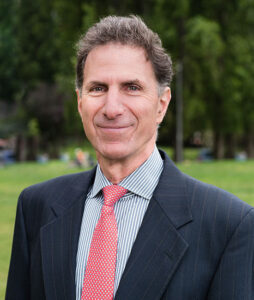HARARE, Zimbabwe – Four years ago, breast cancer claimed the life of her mother. Now, 34-year-old Thembi Bhebhe, a high school teacher by profession, is battling cervical cancer, bed-ridden at her Harare home, the Zimbabwean capital.
In Chitungwiza, a town 25 kilometers (16 miles) southeast of Harare, 46-year-old Megan Saruwaka, a mother of four, is battling breast cancer, which she says doctors have classified as having reached stage four, meaning it has reached its advanced stage.
Breast cancer has become Zimbabwe’s new health headache, and it is not alone, having teamed up with cervical cancer, becoming the poor country’s loathed twin evils in the health sector.
Hammered by one of the two, now Megan’s situation is beyond redemption, she said.
“I’m in pain, dying is better, I wait for my day to rest from this pain,” Megan told Anadolu Agency as she winced in pain, lying in bed in her room as despondent loved ones encircled her.
For any cancer patients like Megan and Thembi, “what decides the treatment depends on the stage of the cancer,” according to oncologist Patrick Hungwe in Bulawayo, Zimbabwe’s second largest city.
“Each stage is cured differently, with early breast or cervical cancer detection, one can be saved before cancer cells start spreading throughout the lungs, liver and the brain,” Hungwe said.
For Thembi, even as she hopes for chemotherapy treatment sessions, her hope of survival is slowly fading away as Zimbabwean doctors have remained on strike for over two months now, demanding increased wages.
“There are no doctors at hospitals and I can only afford to be treated at government hospitals. I’m afraid the absence of doctors reduces my hopes to win against cancer,” Thembi told Anadolu Agency.
In 2017, the World Health Organization (WHO) announced that the number of annual cancer deaths globally reached at 8.2 million, adding that the numbers were expected to triple by 2030.
With breast and cervical cancers as the country’s twin evils haunting hundreds of women here like Thembi and Megan, the Health and Child Care Ministry says approximately 1,500 women are succumbing to cervical cancer each year.
Not only that, but Zimbabwe’s Cancer Association says breast cancer alone is claiming more than one thousand women every year in the southern African nation.
Even health experts here concur cervical and breast cancer have wreaked havoc in Zimbabwe.
“You would realize that because of poverty and lack of knowledge many women are discovering too late that they have breast or cervical cancer; women are delaying to be screened for these cancers and that is why we are having many of them succumbing to the diseases,” Hillary Goto, a private oncologist based in Harare, told Anadolu Agency.
But women rights activists here have blamed government for the deaths of their colleagues from breast or cervical cancer.
“Government is solely responsible for the lack of service in hospitals and that means cancer patients like women with breast or cervical cancer are at the receiving end of the crisis in hospitals as they die before getting help,” Linet Chaota, a member of the NGO Women of Zimbabwe Arise (WOZA), told Anadolu Agency.
Cancer Association of Zimbabwe is currently carrying out a month-long free cancer screening as part of commemorations of the World Breast Cancer Awareness month, which is observed in October across the world.
WOZA is a Zimbabwean civic movement formed in 2003 to provide women from all walks of life with a united voice to speak out on issues affecting their day-to-day lives, according to Amnesty International.
“Some well-to-do women cancer patients are having to cross to neighboring countries like South Africa to seek treatment,” according to women rights defender Chaota.
But, the likes of Thembi and Megan are having to bear the brunt of the disease holed up in their homes, because to Chaota, “many women suffering from either breast or cervical cancer can’t afford to seek medication outside the country”.
“The poor are just dying in their homes with no care or treatment,” said Chaota.
According to Zimbabwe’s Cancer Registry, from 6,548 registered cases of cancer in 2013, figures have shot up to 9,220 in 2018.
For breast cancer, registered cases went up from 246 to 487 in the same period, the same time period that the disease caught up with many like Thembi and Megan.
Out of 2,062 recorded cancer-related deaths so far in Zimbabwe, breast cancer has been responsible for 7% of the fatalities, with cervical cancer being the highest killer accounting for 13% cancer deaths in the country.
Meanwhile, the Cancer Association of Zimbabwe has been on record in the media saying breast cancer is one of the most frequently diagnosed cancers today, with the number of cases worldwide having significantly rose since the 1970s.
 Jordan Rothman is a partner of The Rothman Law Firm, a full-service New York and New Jersey law firm. He is also the founder of Student Debt Diaries, a website discussing how he paid off his student loans. You can reach Jordan through email at jordan@rothmanlawyer.com.
Jordan Rothman is a partner of The Rothman Law Firm, a full-service New York and New Jersey law firm. He is also the founder of Student Debt Diaries, a website discussing how he paid off his student loans. You can reach Jordan through email at jordan@rothmanlawyer.com.










 Kathryn Rubino is a Senior Editor at Above the Law, and host of
Kathryn Rubino is a Senior Editor at Above the Law, and host of 






